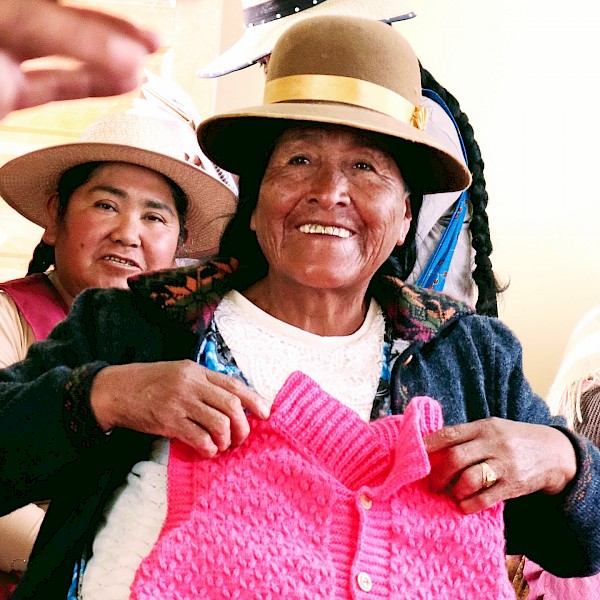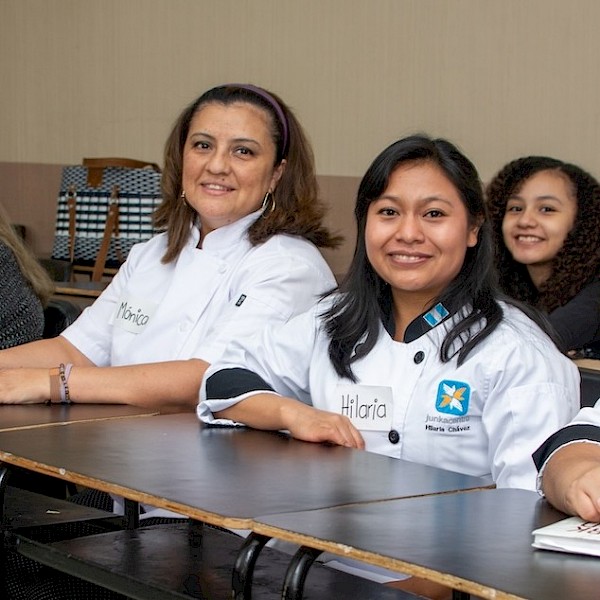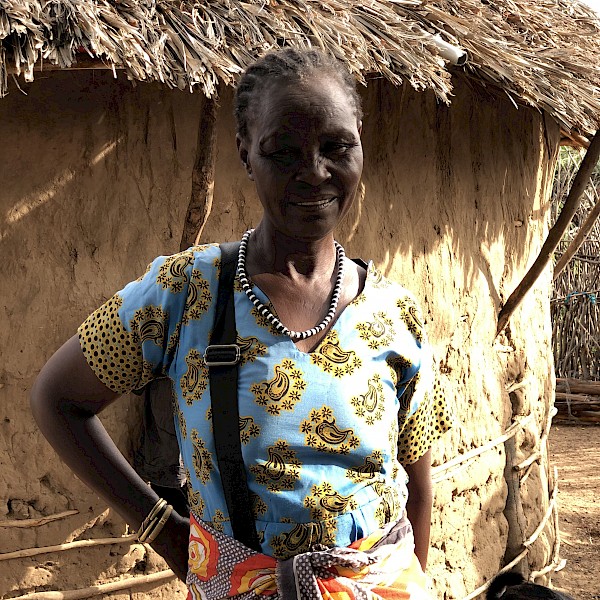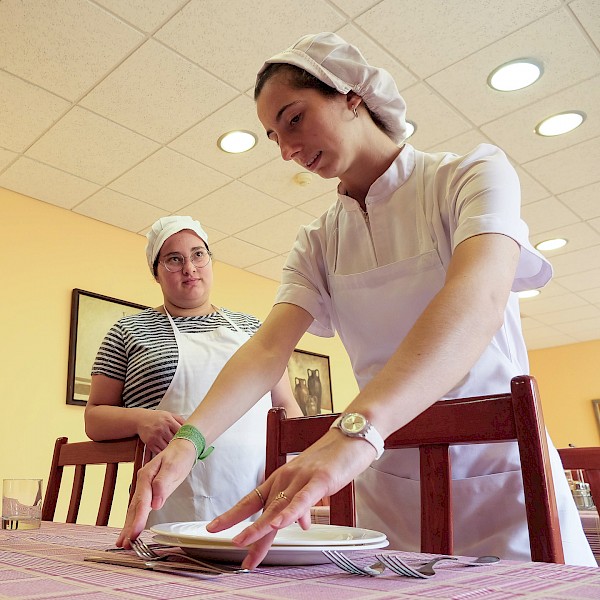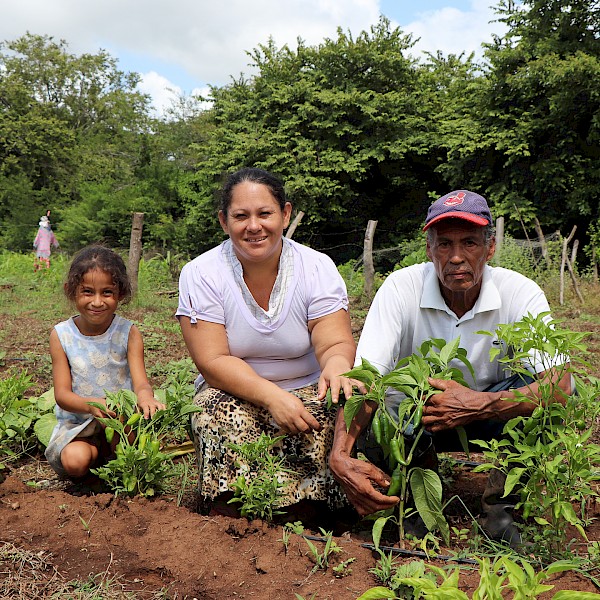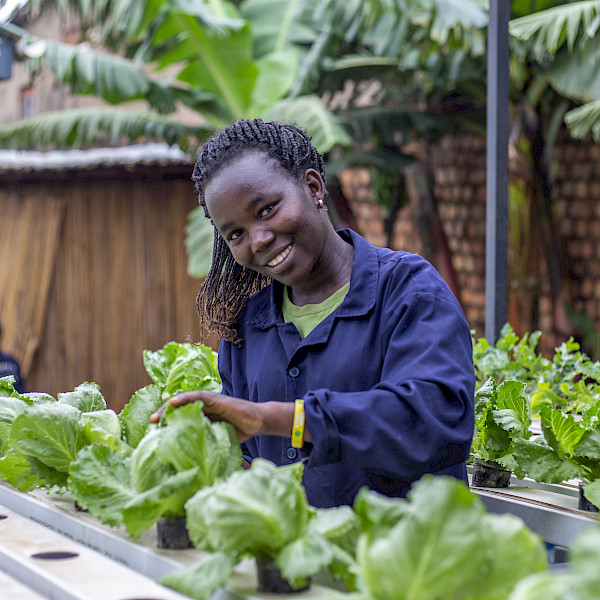Global Education in Finland
Solving multiple discrimination through the Agenda 2030 goals

Duration
2023 – 2024

Budget
57 000 €

Beneficiaries
Finnish youth
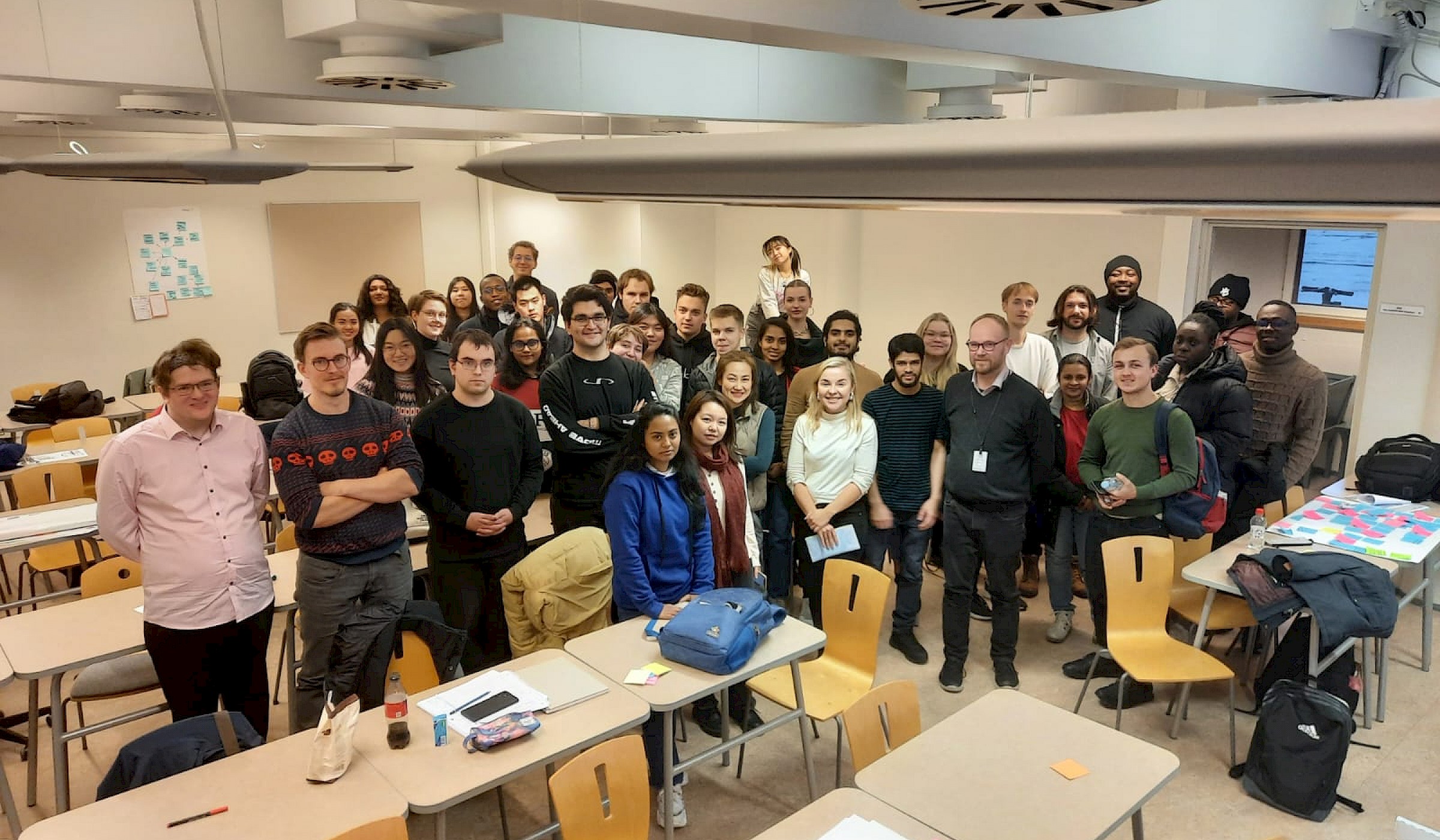


Global Education and Communication
This global education and communications project highlighted the problem of multiple discrimination in Finland and developing countries, and its pervasive impact on the goals of the Agenda 2030, such as reducing inequalities, promoting gender equality, and promoting the rights of children, women, and people with disabilities. The themes were communicated through a social media campaign, a photo exhibition, and communication materials produced in cooperation with Inter-Cultur's local partners and young people studying at Jyväskylä University of Applied Sciences (Jamk).
Inter-Cultur's experience in promoting gender equality in the Global South provides knowledge that helped students understand inequality as a global phenomenon, as well as the solutions offered by the 2030 Agenda goals. The women's stories and research built the basis for a photo exhibition, a social media campaign, and communication materials that helped students increase their understanding of discrimination and the root causes of inequality. The photo exhibitions reached both vocational school and polytechnic students through Jamk's three campuses.
Additionally, Inter-Cultur took part in Jamk's Innovation Weeks in autumn and spring, during which the students produced stories and researched the SDGs from the perspective of multiple discrimination, and came up with solutions on how to to tackle it in Finnish working life and higher educational institutions. As students strengthened their knowledge of sustainability and practiced their skills and reasoning during the Innovation Weeks, they gained experience in being proactive in tackling multiple discrimination. The students' ideas were also used in a social media campaign that reached young adults nationwide to raise awareness about tackling discrimination through sustainable development, both in development projects and in everyday life.
Key Achievements and Outcomes:
- Outreach of 150,000 Finnish youth who were informed about Agenda 2023 goals and how to fight against multidimensional discrimination.
- 2 photo exhibitions presenting life in the Latin American disadvantaged communities.
Countries
Bolivia
Home to the Andes mountains, Bolivia faces challenges such as poverty and environmental concerns, particularly among its indigenous populations. Our partnership with AYNI focuses on vocational training, literacy, and sustainable agriculture, aiming to empower marginalized communities and women.
Guatemala
In Guatemala, a country known for its rich indigenous heritage, we address the needs of women in disadvantaged situations through Fundación Junkabal. Our initiatives in vocational training and micro-entrepreneurship are designed to uplift women and advocate for human rights.
Kenya
Kenya's diverse landscape is the backdrop for our efforts to tackle poverty and unemployment in the country. Examples of our work include offering vocational education in Nairobi's slums through SET and Eastlands College of Technology, and improving the agricultural activities of rural women in Turkana County, both aiming to improve life quality and employment prospects with an integral formation model.
Lebanon
Lebanon, with its millennia-old heritage, navigates through profound economic crises and a significant refugee presence. In response, our partnership with PRODES and IMS is dedicated to empowering women through vocational training in hospitality, tourism, and gastronomy, equipping young women from rural areas for better prospects.
Nicaragua
Nicaragua, with its dramatic volcanic landscape, faces social unrest and economic difficulties. Our work with ANDECU supports women by investing in vocational training centers and micro-business resources, empowering them to improve their income levels and overcome challenges in their families and communities.
Uganda
Uganda, known for its diverse landscapes and rich cultural heritage, faces socio-economic disparities and gender inequality impacting vocational education access. Partnering with COWA, we provide women and youth with vocational training and technological empowerment to boost employment opportunities and economic independence, promoting gender equality and sustainable development.
